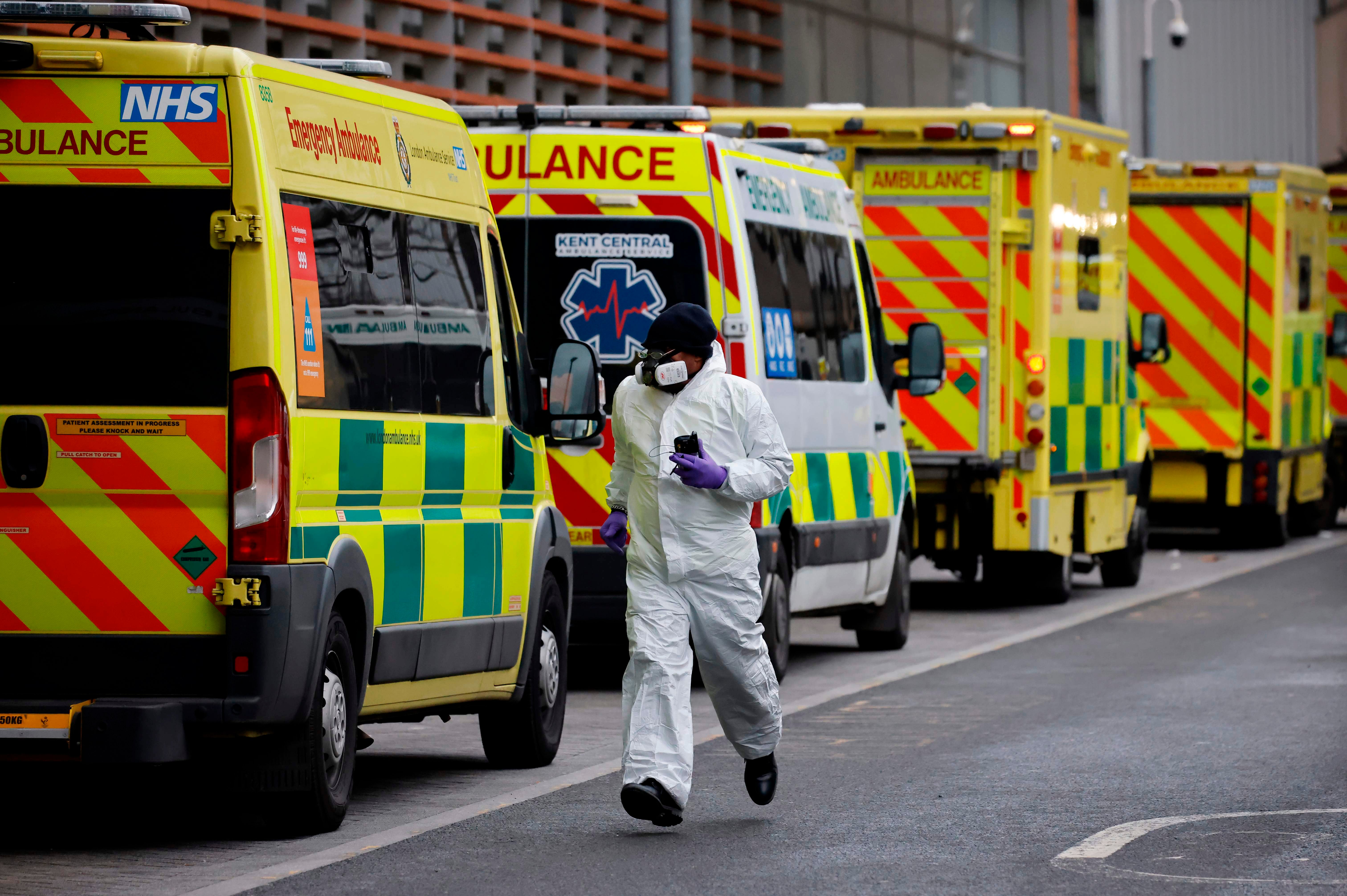What will a Covid inquiry look like and what does it need to investigate?
Health correspondent Shaun Lintern lists areas for the Covid public inquiry to examine and explains what it could look like


There will be a full statutory independent public inquiry into the government’s handling of the coronavirus pandemic. But what does that really mean and what are the key questions the inquiry will need to examine?
I was closely involved, as a journalist, in the public inquiry into the NHS care scandal at the Mid Staffordshire NHS Trust, which was hearing evidence 10 years ago and I saw for myself the benefits and pitfalls they can have. That inquiry exposed widespread abuse and neglect of hundreds of NHS patients but through the inquiry was revealed a total system failure by the wider NHS system right from the local NHS to Downing Street itself.
A public inquiry under the 2005 Inquiries Act, like the one into the Mid Staffs scandal, will have wide ranging powers to compel the production of evidence by both organisations and individuals. They can also be made to give evidence under oath.
But the act also gives the chair of the inquiry wide-ranging powers that can include hearing evidence in private in some circumstances. A decade ago, I successfully challenged the chair of the Mid Staffordshire inquiry, Sir Robert Francis, to publish private evidence heard at that inquiry but it was effectively at his discretion.
The public and journalists will be able to attend inquiry hearings and see the evidence and witness statements for themselves. Interested parties such as NHS departments and regulators as well as charities and families can be granted what is known as core participant status.
This gives them the chance to have legal representation at the inquiry with lawyers who can publicly question witnesses separate to any interrogation by the inquiry team. This will be a powerful moment for accountability in the Covid inquiry.
The most important aspect to the creation of an inquiry is the terms of reference – these state the areas to be examined and the aims of the investigation. Once adopted the inquiry is bound by them and has no power to go beyond them.
Speaking in the House of Commons today Boris Johnson said the government would set out these terms in due course – there was no promise of consultation and this needs urgent clarification. Ministers need to ensure support for the inquiry, and the public needs assurance it won’t be hobbled before it has even started.
The problems with a full statutory inquiry is that they can take however long the inquiry chair thinks it should. The Covid inquiry could well not report until after the next general election and will cost huge sums of taxpayer money.
So what are the key questions for the Covid inquiry to examine? Chief among them must be the delays to entering the three lockdowns. The failure to protect care homes at the start of the crisis and the discharging of infected patients to care homes by the NHS in April 2020. The inquiry must examine why the testing capacity was so woeful and the choices made to set up the centralised Lighthouse laboratories and test and trace service.
Why did test and trace fail to prevent the recurrent surges? What lessons from previous pandemic planning were put in place?
Why was the NHS so underprepared in both staffing, beds, ventilators and equipment? The UK pandemic stockpile of protective clothing was inadequate. Why? How did the government manage the challenges and could it have done better?
Did ministers really follow the science and listen to the advice of Sir Patrick Vallance and Chris Whitty? Why was the UK so slow in bringing in travel restrictions?
How did the NHS care for Covid patients in reality? What was the standard of care and how many deaths were avoidable and down to staffing and equipment shortages? How well were nurses and doctors supported by managers and the wider system?
I am sure there are many more areas to consider and questions to be asked.
For the 150,000 families left bereaved by a Covid death they deserve the fullest answers possible.
Join our commenting forum
Join thought-provoking conversations, follow other Independent readers and see their replies
Comments